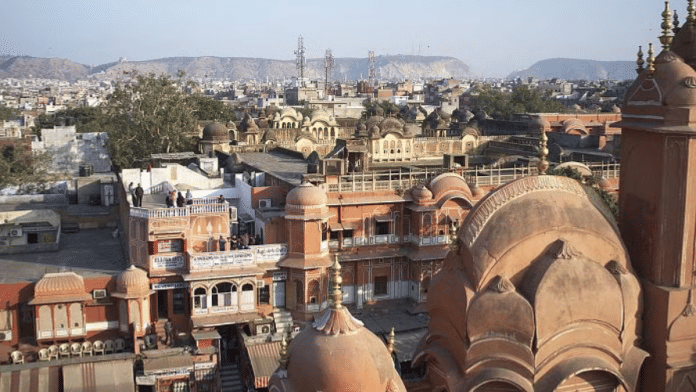Thank you dear subscribers, we are overwhelmed with your response.
Discussion is rife on mainstream and social media about the inadequacy of local city governments to create good quality life for its citizens. Why, the citizens of cities in India wonder, is the Government not able to provide quality infrastructure even after so many urban infrastructure schemes and growth in budget outlay?
In the preface to the Sixth Report of the Second Administrative Reforms Commission, its Chairman Shri Veerappa Moily, noted, “I was recently told about the observation of a visiting European who wondered how India is able to function without any local government worthy of the name. His bafflement is understandable.”
The 73rd and 74th amendments to the Indian Constitution were made with the specific purpose to empower LSGs in both the rural and urban areas. However, that has been done mostly in name.
India is one of the few countries in the world that do not have fully independent city governments. The Urban Age research team at LSE Cities in their research paper “Who runs our cities? How governance structures around the world compare” has observed that independent and powerful city Governments exist in most developed nations in the world have been successful in providing a high quality of life to their citizens.
Years ago, when the “Metro Man” Mr E Sreedharan, was asked how he had managed to complete the Delhi Metro project on time, he emphasised that prevalence of a single decision-making authority for all clearances was a huge contributing factor. All cities in India suffer from the phenomenon of multiple authorities and multiple ownership of resources within a single geographical area. Land, the most critical resource that can be monetised for welfare projects, has several owners. In fact, most municipalities hardly own any land within their geographical boundaries. Land ownership and management is with the state government which operates through its own bureaucracy. Land ownership records are not prepared or maintained by the LSG. Several authorities and parastatals also own urban resources and function independently of the LSG. Hence clearances for projects are delayed and often run into “turf battles” between agencies.
In addition, several important functions such as electricity distribution, traffic management, water supply, taxation, education, health, policing etc. within urban limits are not exercised by the municipal bodies- they are with state governments; in fact, some even with the Central Government! Most often, the Municipal LSG is expected to perform more as an agency of execution without any power to make laws or policy. Contrast this with the Metropolitan government of Tokyo which has exclusive powers over 21 out of 29 departments of Government. The Performance Audit Report on Implementation of 74th Constitutional Amendment Act as of 31 March 2020 has effectively and comprehensively highlighted several gaps in devolution of powers to Urban Local Bodies in India.
A good way to improve governance in mega cities would be by setting up fully autonomous and empowered Metropolitan Governments with full powers over all resources such as land, water, mines, forest etc. within its geographical area. It would be the single authority for control over all functions of administration, police, housing, land records, transport, city forests, industry, schools, hospitals, sanitation, pollution control, fire safety, local taxation etc. All parallel bodies such as various departments, corporations, boards etc. of the state or central govt would have no ownership of resources or control over any function within this area except in a limited area that may be allocated to them by the City Govt. A small “Capital Area” may be governed by the Central/ State govt within the Capital City area. For the remaining city, the city govt would be the single authority. This would call for a constitutional amendment in the seventh schedule. Several functions that currently figure in the Union list, State list and Concurrent List would be required to be moved to a newly created “Local Self Government” list. Consequently, LSGs would have the power to legislate over matters assigned to them in the LSG list.
The Mayor, as head of Council, would be directly elected and would have executive powers. The bureaucracy of the City Govt would be recruited by the city govt from subject experts/ MBA graduates etc and would be responsible to that particular city government only. IAS/ SAS/IPS/SPS officers would cease to hold office in these governments unless they give up their lien in those services and agree to become full-fledged employees of the LSG.
Why are we not able to make this simple policy correction? Perhaps because no politician wants to let city governments be too powerful. Imagine the Mayor of Mumbai- he would be more powerful than many state government Chief Ministers. But if we really wish to make our cities “world class”, this the only way forward.
These pieces are being published as they have been received – they have not been edited/fact-checked by ThePrint.


